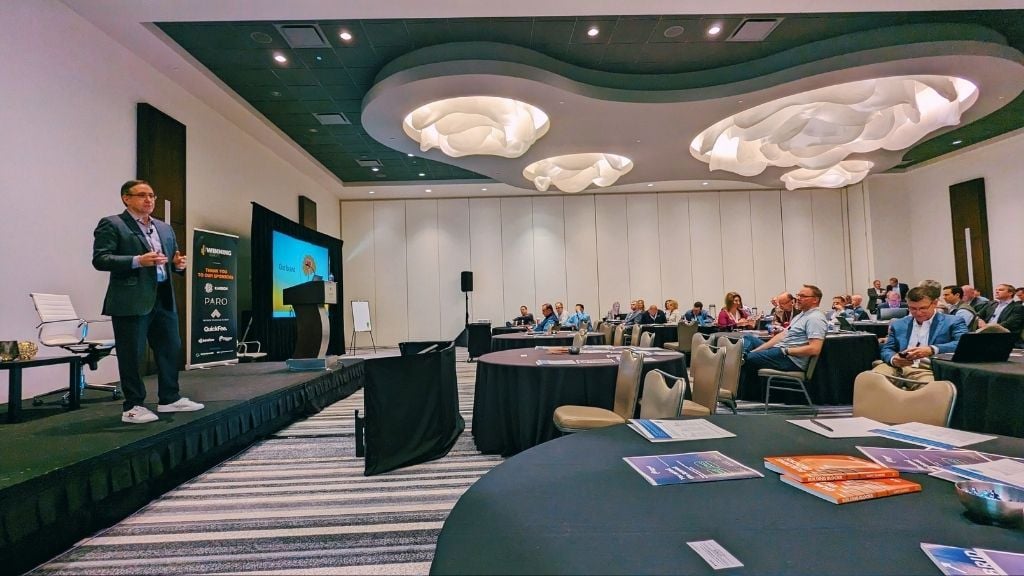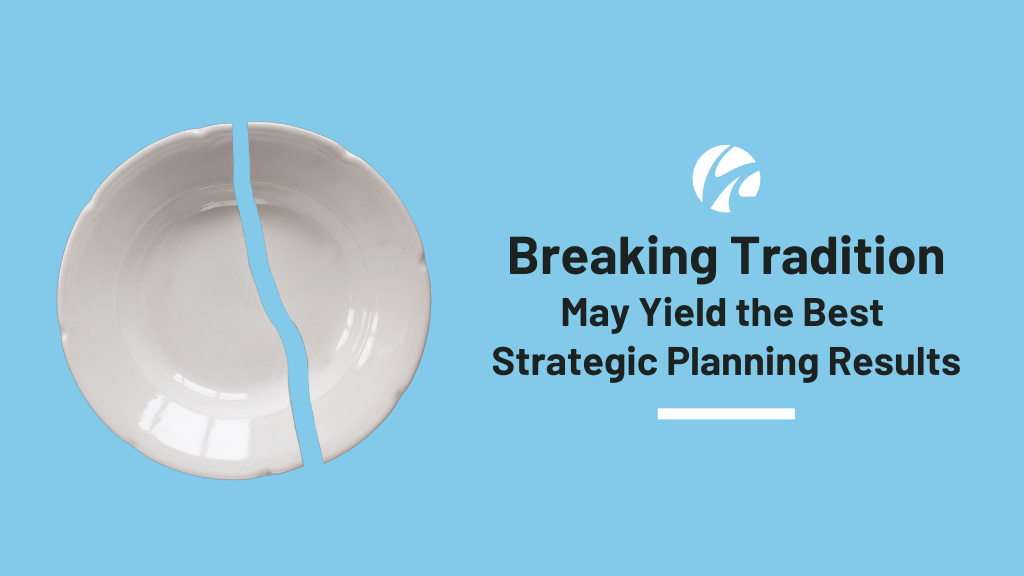4 min read
All Things Culture: A Recap of the Accounting Profession’s Winning Ways Conference
Some of the accounting profession’s top thought leaders communed for many impactful discussions around how to best effectuate an optimal work culture...
2 min read
by:
 Trisha Daho
on
May 28, 2024
Trisha Daho
on
May 28, 2024

Trisha, a former Big 4 partner, led diverse teams, delivering billions in value for Fortune 500 companies and startups. As a rapid-growth strategist, she created thriving practices and developed leaders who achieved roles like CFOs and CEOs.
Table of Contents

A successful partner retreat can be a transformative experience for any accounting firm. Having personally facilitated such gatherings and participated in them as a partner in a larger firm, I've come to understand the essential ingredients that make these retreats truly impactful. At the heart of it all lies the need for clear objectives and expectations, setting the stage for fruitful discussions and meaningful outcomes.
Before diving into the keys to planning and executing a successful partner retreat, it's crucial to emphasize the importance of establishing a clear purpose right from the start. This purpose should align with the firm's overarching goals and aspirations. Whether it's developing a strategic plan for the upcoming year, resolving critical issues within the leadership team, or strengthening partner relationships, clarity on the objectives ensures that everyone involved is on the same page.
1. Communicate a Clear Purpose
A retreat with a well-defined purpose is a catalyst for progress and growth. Start by engaging key leaders in the planning process to ensure alignment on the retreat's goals. Clearly communicate these objectives to all participants, making sure they understand how the retreat aligns with the firm’s strategic vision. This alignment paves the way for effective communication and positive outcomes, transforming the retreat from a routine gathering into a pivotal event.
2. Include Key Team Members
Partners are not just attendees; they are pivotal in shaping the firm’s future. Inviting key team members to participate in the retreat fosters a sense of ownership and accountability. This involvement is not only motivational but also instrumental in leadership development. When partners see their contributions valued and their voices heard, they are more likely to be committed to the firm’s goals.
3. Address Significant Issues or Opportunities
Avoid the temptation to sidestep important challenges. Use the retreat as a platform to openly discuss and strategize solutions for critical issues facing the firm. This transparent approach encourages candid dialogue and collective problem-solving, ensuring that significant issues are addressed head-on. By doing so, you instill a sense of accountability and ownership among the leadership team, driving the firm towards actionable solutions and tangible results.
4. Allocate Time for Major Discussions
Major discussions require ample time for thorough exploration and debate. If you aim to gain alignment and momentum on firm-changing topics like a potential merger or strategic planning for independence, prepare your partners in advance. Provide them with background information and allow time for individual contemplation. During the retreat, dedicate sufficient time for open discussion, ensuring that all viewpoints are considered. This approach facilitates consensus-building and fosters collective commitment to the firm’s long-term vision.
5. Engage a Skilled Facilitator
A skilled facilitator can be the linchpin of a successful retreat. Bringing industry expertise and an objective perspective, a facilitator ensures that discussions remain focused on the predetermined objectives. Their guidance is invaluable from the planning stages through execution and follow-up. An effective facilitator not only keeps the agenda on track but also encourages productive dialogue and resolution of conflicts, enhancing the overall effectiveness of the retreat.
6. Foster a Culture of Accountability
Effective partner retreats necessitate a candid assessment of internal dynamics and a commitment to addressing any underlying issues. Establish clear accountability measures to ensure that each participant leaves the retreat with a unified understanding of their responsibilities and the firm’s collective goals. Follow-up actions and timelines should be clearly defined, fostering a culture of accountability and continuous improvement within the firm.
Ultimately, a successful partner retreat should leave participants feeling reinvigorated about the firm’s purpose and their role within it. It should foster meaningful connections both professionally and personally, while also laying out a clear path for continued growth and success. The retreat should not only address current challenges but also inspire a shared vision for the future, empowering partners to drive the firm forward with renewed energy and commitment. And of course, don’t forget to incorporate elements of enjoyment and camaraderie to make the experience memorable.
Winding River’s team regularly facilitates retreats for firms seeking leadership alignment, strategic direction, and actionable plans for growth. Click here to learn more about our partner retreats and discover how we help unlock the full potential of today’s accounting firms.

4 min read
Some of the accounting profession’s top thought leaders communed for many impactful discussions around how to best effectuate an optimal work culture...

4 min read
It’s time for us to break up with rigid strategic planning processes that hold us back from spurring growth. Instead, consider testing these methods.

3 min read
Let’s be honest. Most mentorship programs in professional services firms are well-intentioned, loosely organized and ultimately, underwhelming. You...